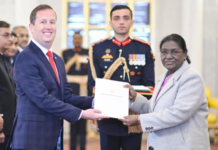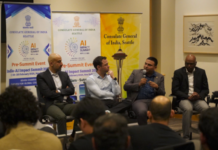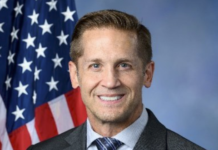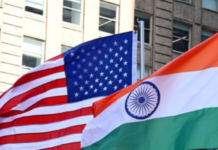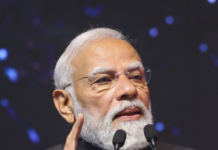New Delhi– External Affairs Minister S. Jaishankar on Sunday said that India and the United States are actively engaged in resolving ongoing tariff-related issues through dialogue, expressing confidence that these frictions will not adversely impact the broader trade relationship between the two nations.
Speaking at the Kautilya Economic Conclave (KEC 2025), Jaishankar emphasized that, despite current differences, a large portion of India’s trade with the US continues unaffected.
“We have issues with the US, and a big part of it stems from the fact that we haven’t reached a common landing ground. That inability has led to tariffs being levied,” he said.
The minister noted that discussions are underway concerning the 50 per cent tariffs imposed on certain Indian exports, reiterating that India’s core interests must be safeguarded during negotiations.
“Our red lines have to be respected. There has to be an understanding with the US — not only because it is our number one market, but also because many other countries have already reached such understandings,” he stated.
Despite the tariff challenges, Jaishankar maintained that overall trade flows remain largely unaffected.
“I don’t believe this will spill over into every aspect of our trade. While some issues do require negotiation, I wouldn’t read more into it than the issues themselves,” he said.
He also reflected on the evolving nature of global trade, pointing out the complexities created by tariff-centric approaches.
“When the central consideration of trade becomes tariffs, you have to ask — where do comparative and competitive advantages go?” Jaishankar asked.
Addressing concerns around energy trade, he acknowledged that additional tariffs have impacted India in that sector as well, but reassured that both sides are actively engaged in talks to resolve the matter.
The minister also touched on India’s broader trade strategy, noting the country’s success in finalizing trade agreements with several Asian economies — some of which, he said, are highly competitive and often serve as conduits for Chinese supply chains.
“Our focus should now shift towards Free Trade Agreements (FTAs) with economies that are not directly competitive. That’s where we see greater opportunity,” he said. (Source: IANS)





